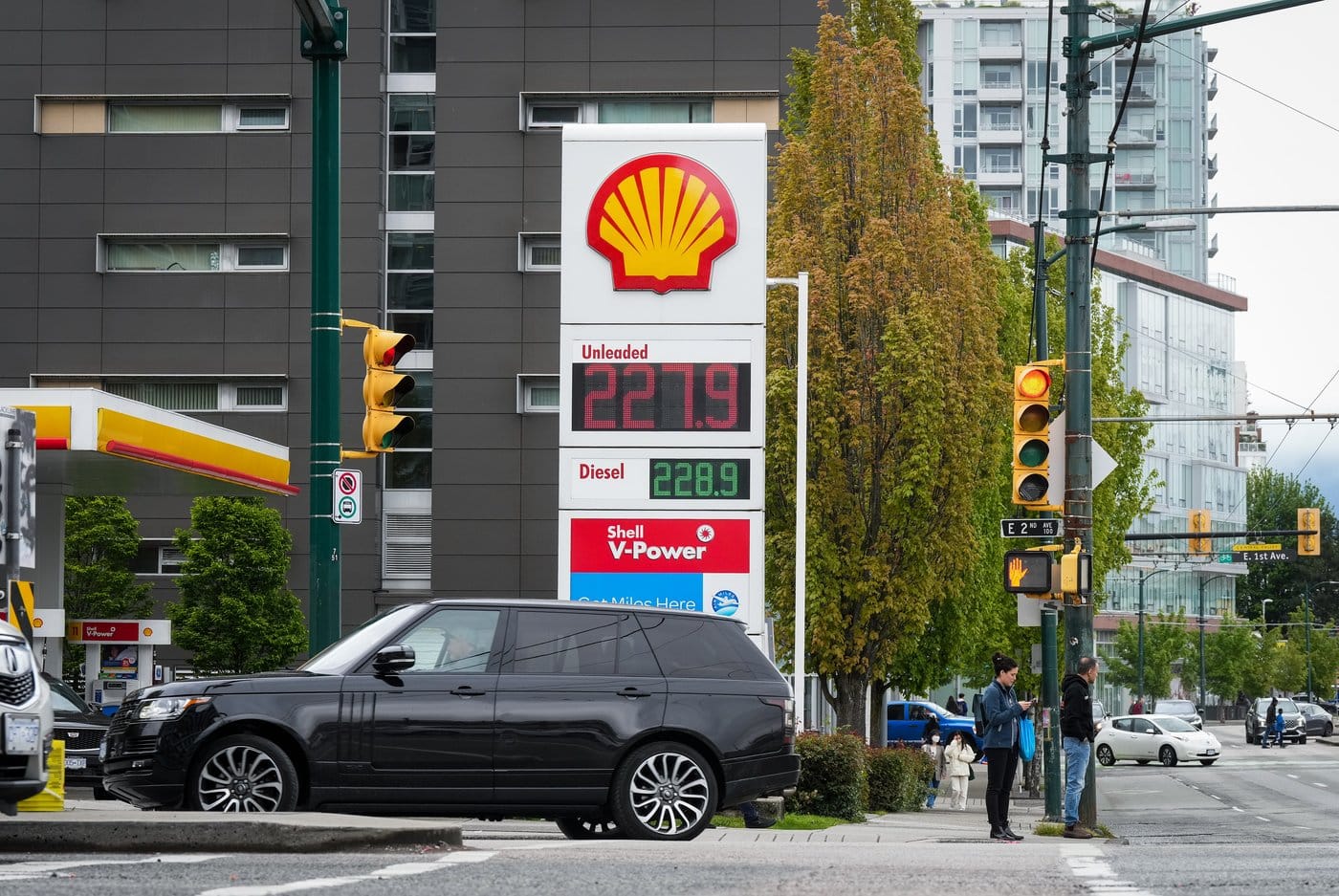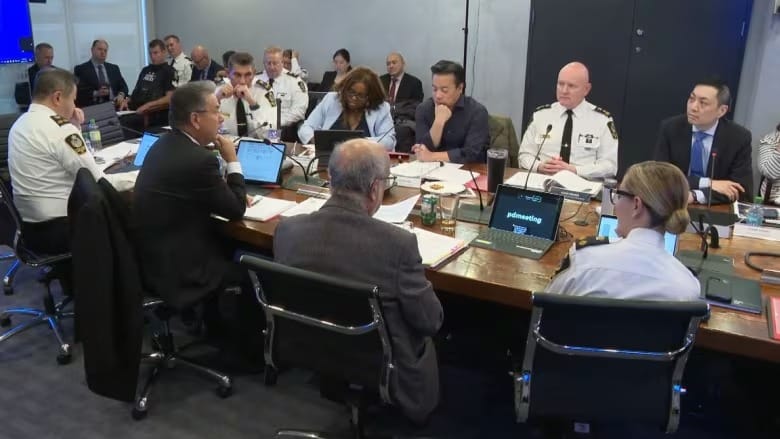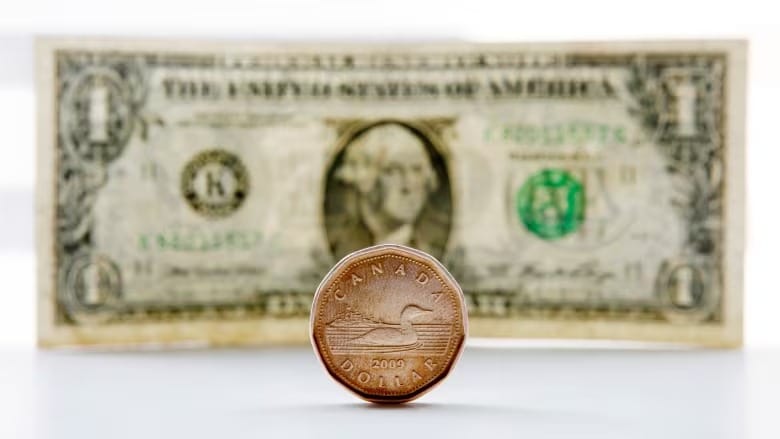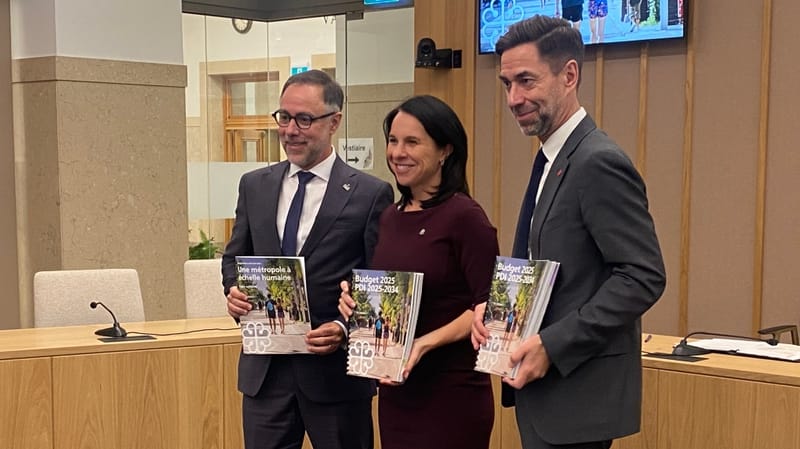Refunds for carbon price end up in bank accounts as liberals stick with the troubled idea
The federal government sends the rebates to compensate for the carbon pricing Canadians pay when they buy fuel, ensuring that they don’t end up financially worse off.

Canadians will receive their quarterly carbon pricing rebates on Tuesday, with the government defending one of its most contentious policies. This time, all banks will label the payments as "Canada Carbon Rebate," addressing past concerns about vague or inconsistent wording on bank statements.
The rebates, which aim to offset the cost of carbon pricing on fuel, are distributed to Canadians who filed their income tax while living in Alberta, Saskatchewan, Manitoba, Ontario, and the Atlantic provinces. Payments vary by household size and province, with rural residents receiving a 20% top-up and a retroactive 10% payment for previous periods in April and July.
Economists generally support carbon pricing, arguing it is the most cost-effective method to reduce emissions.
However, the Liberal government’s carbon pricing policy has faced opposition at both provincial and federal levels. The Conservatives, in particular, have called for a "carbon-tax election" to lower the cost of living, while some federal NDP members and provincial counterparts have distanced themselves from the policy they previously supported.
The federal government sends the rebates to compensate for the carbon pricing Canadians pay when they buy fuel, ensuring that they don’t end up financially worse off. Those who reduce their fuel consumption benefit even more, as they receive the same rebate but pay less in carbon taxes.
Provinces like British Columbia, Quebec, and the Northwest Territories have their own carbon pricing systems, so residents in those areas do not receive the federal rebate. Meanwhile, Yukon and Nunavut use the federal system but distribute the proceeds themselves.
The parliamentary budget officer has stated that most Canadians receive more from the rebates than they pay in carbon taxes. However, the long-term economic impact of carbon pricing could potentially lower wages over time, reducing the net benefit for some Canadians. The government argues that failing to address climate change could cause even greater economic harm in the future.
Since the move to quarterly payments in 2022, the government has been in discussions with banks about how the deposits are labeled. Previously, some Canadians were confused or unaware of the rebates because of vague descriptions like “EFT deposit from Canada” or “federal payment,” prompting calls for clearer labeling. Some banks had argued that the term "Canada Carbon Rebate" exceeded their 15-character limit on deposit labels.





